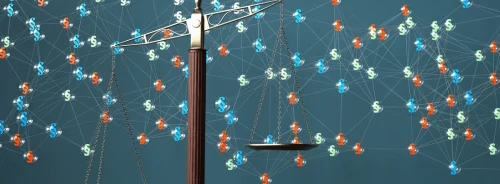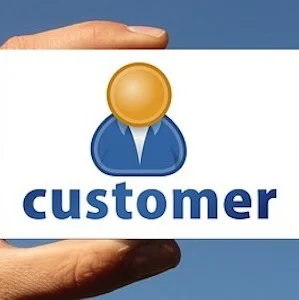You might also like: Data power to the patients
These issues surrounding
data ownership and control and empowerment of the patient took centre stage at
HIMSS19's 'Consumerisation of Healthcare Summit'. So is the data owned by the
patient, provider or payer? Some health tech experts argue this is the wrong
way to look at data. They say the issue goes beyond ownership, but who is
sitting in the driver's seat when it comes to how that data is used.
Summit
participant, Christopher Sealey, cofounder of Coverus, pointed out that the
patient can have multiple reasons for giving researchers access to their data.
“I have a question over ownership
because individual decisions I make are not pure and my motivation can be
compromised by my financial situation, my lack of information etc., and also my
individual decisions of what I do with my data could have very big effects on
other people and my community and workplace,” Sealey said. "So I think when we
say the patient should own their data, I think that comes from the ethos of
wanting the patient in control, but I think we have to realise that individual
ownership may not actually help the patients as much as we think.”
Nicolas
Schmidt, chief product officer at Embleema, emphasised the need to
"empower" patients to take back full control of their data. When this
data is used to help create a new treatment, for example, Schmidt said that
patients should be compensated for it.
Providing compensation or
incentives to patients could also promote the exchange of "clean
data", creating a win-win situation for both patients and researchers,
according to Kamal Obbad, cofounder and CEO of Nebula Genomics. “The way the
system is set up today, the people we want to be winning, aren't winning. The
patients aren't winning, researchers aren't winning because they are getting
data that isn't clean," Obbad said. "You talk to biopharma, they are telling us
that the data sets they are collecting from third-party data brokers are
subsets of data and it doesn't make any sense. We do want to find a way to
engage patients and incentivise them to participate in this process to share
what is clean data, to share what is longitudinally so we get holistic views of
health data."
As noted during
the summit, research data currently is often fragmented and only captures one
piece of a patient's overall health. If patients have incentives to share more
about their life it could be a more complete picture. One way to compensate
patients for their data is through the use of digital currency. This is
exemplified by Nebula Genomics' business model, which includes sequencing
consumers' genomes and then letting them trade that data for cryptocurrency.
When it comes to patients sharing their data in exchange for some form of compensation, there are still a lot of questions including value and
use. However, as patients continue to move into the consumer role there is no
doubt the conversation around their role in data exchange has only just begun.
"I don't think it's just a question of giving people their records
and letting them broker it, it is understanding that they hold the key to the
most powerful tool," Sealey said.
Source:
MobiHealthNews
Image credit: Pixabay






